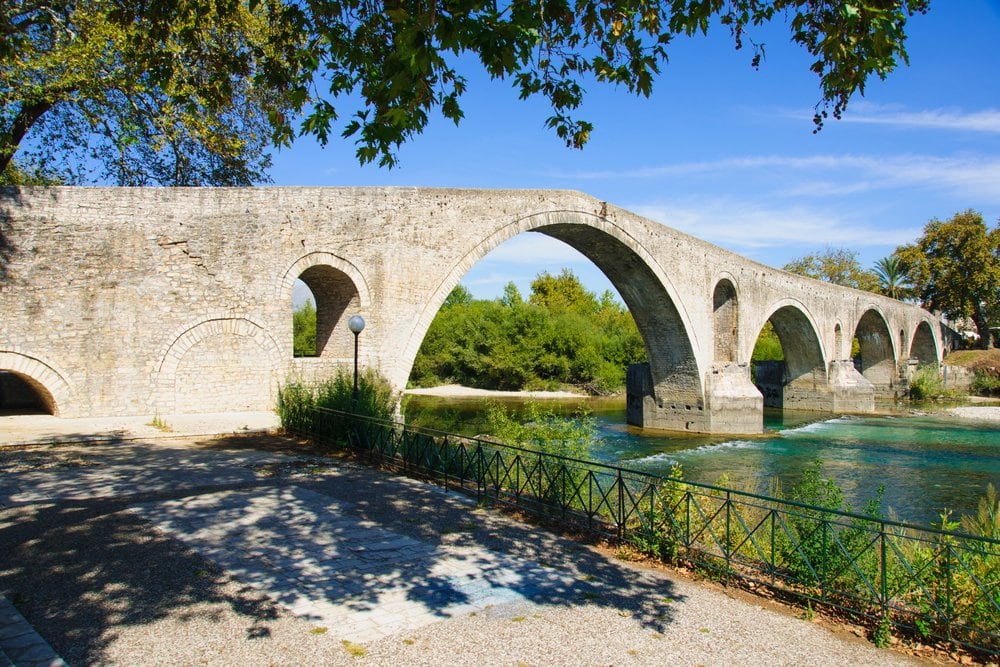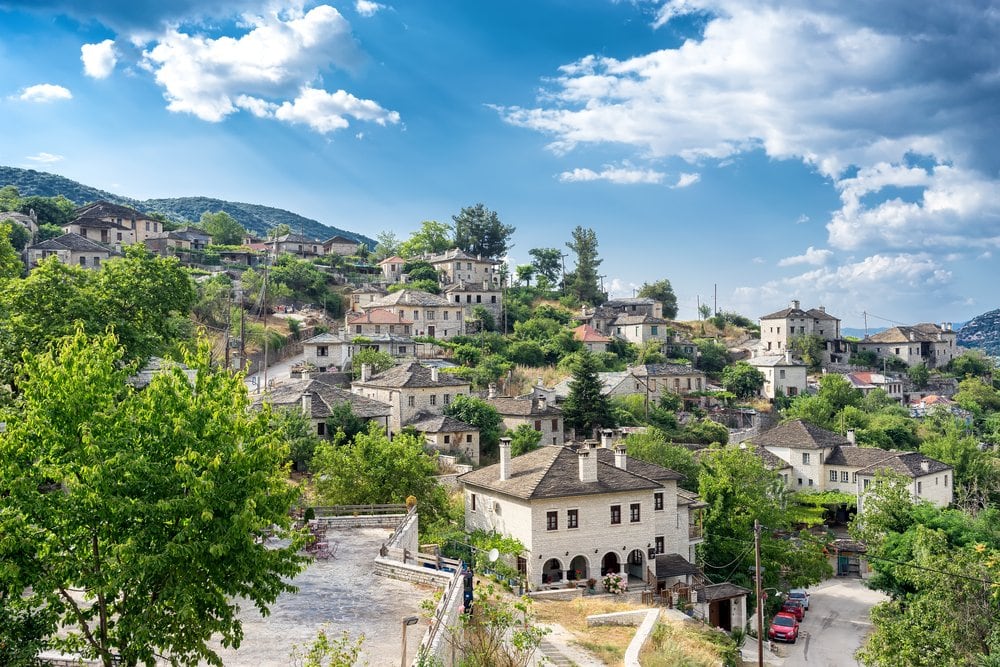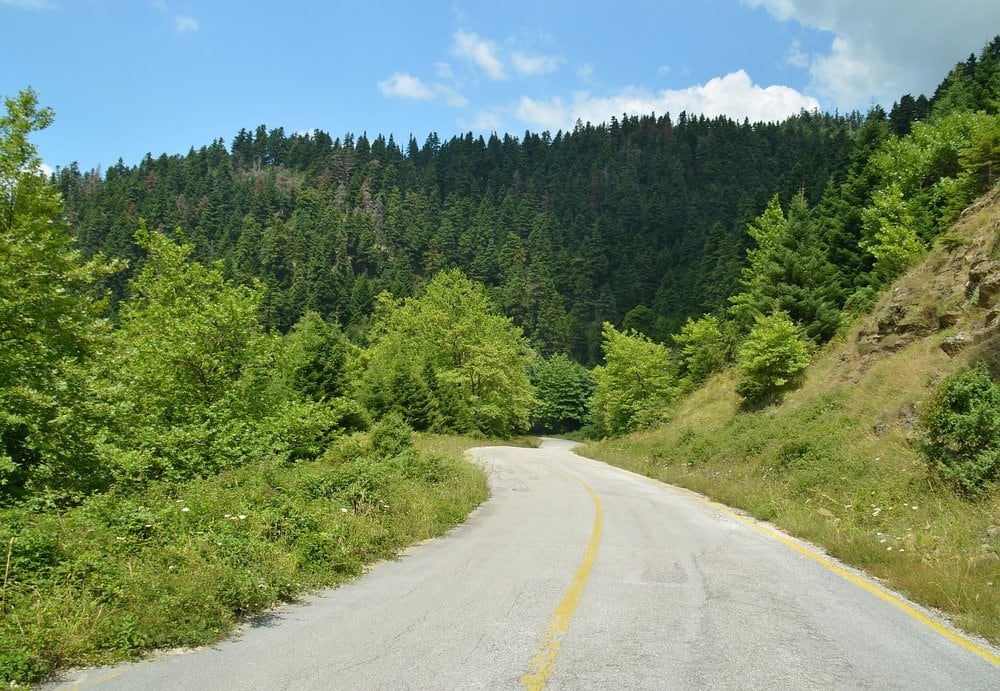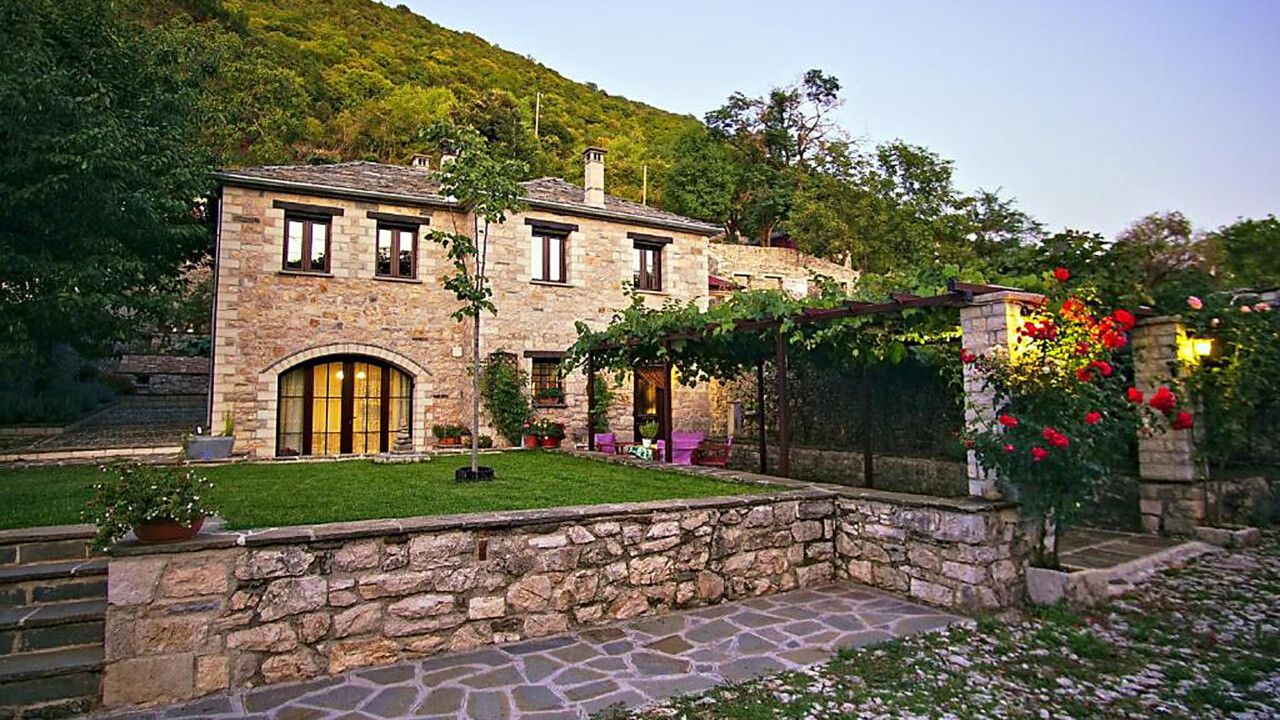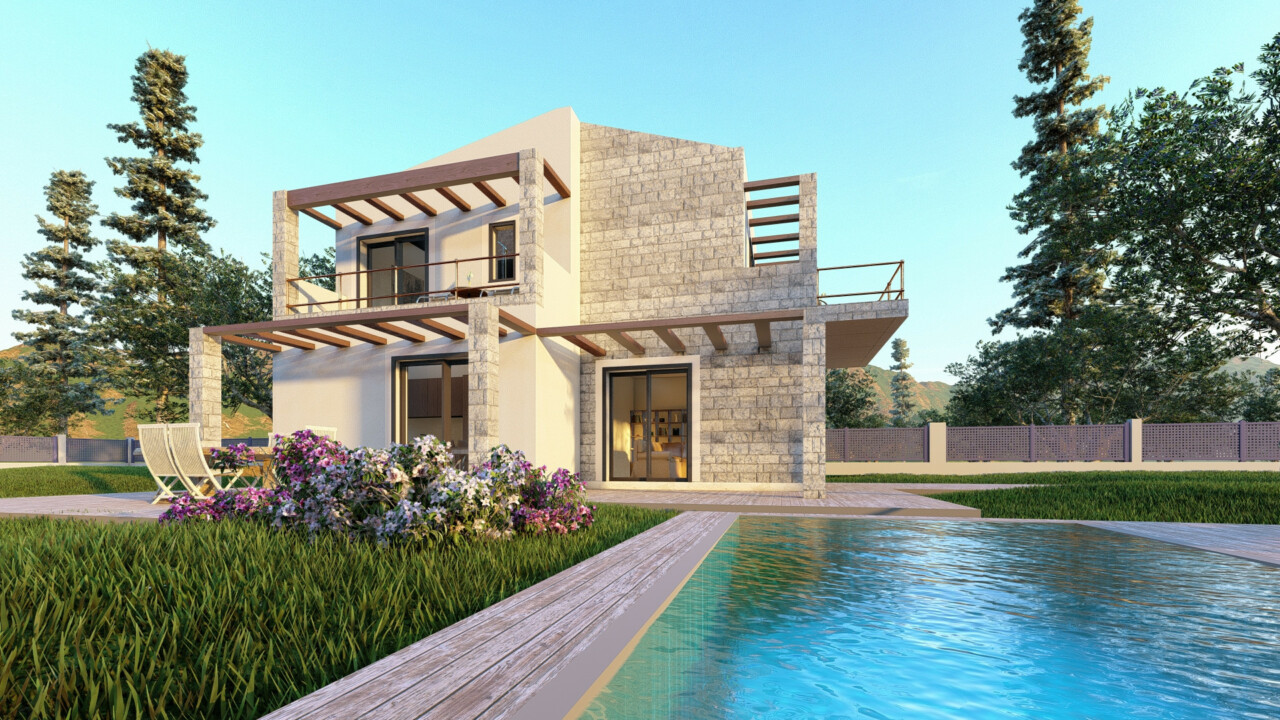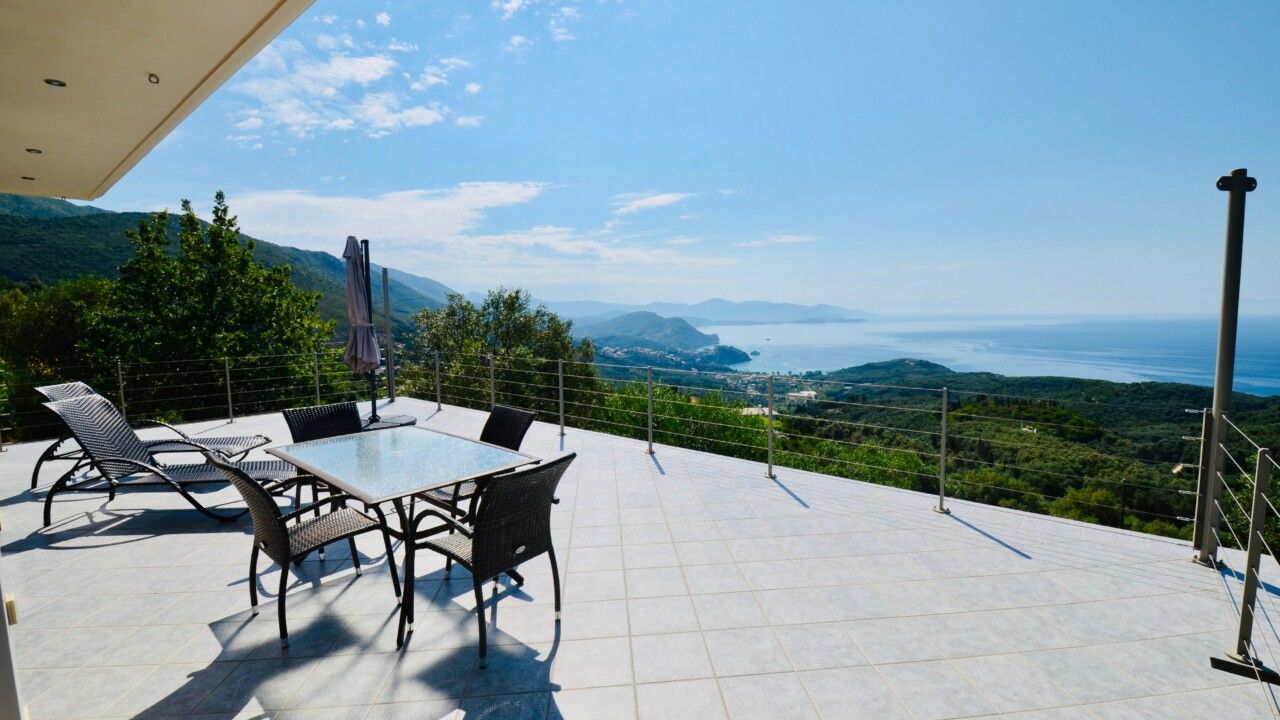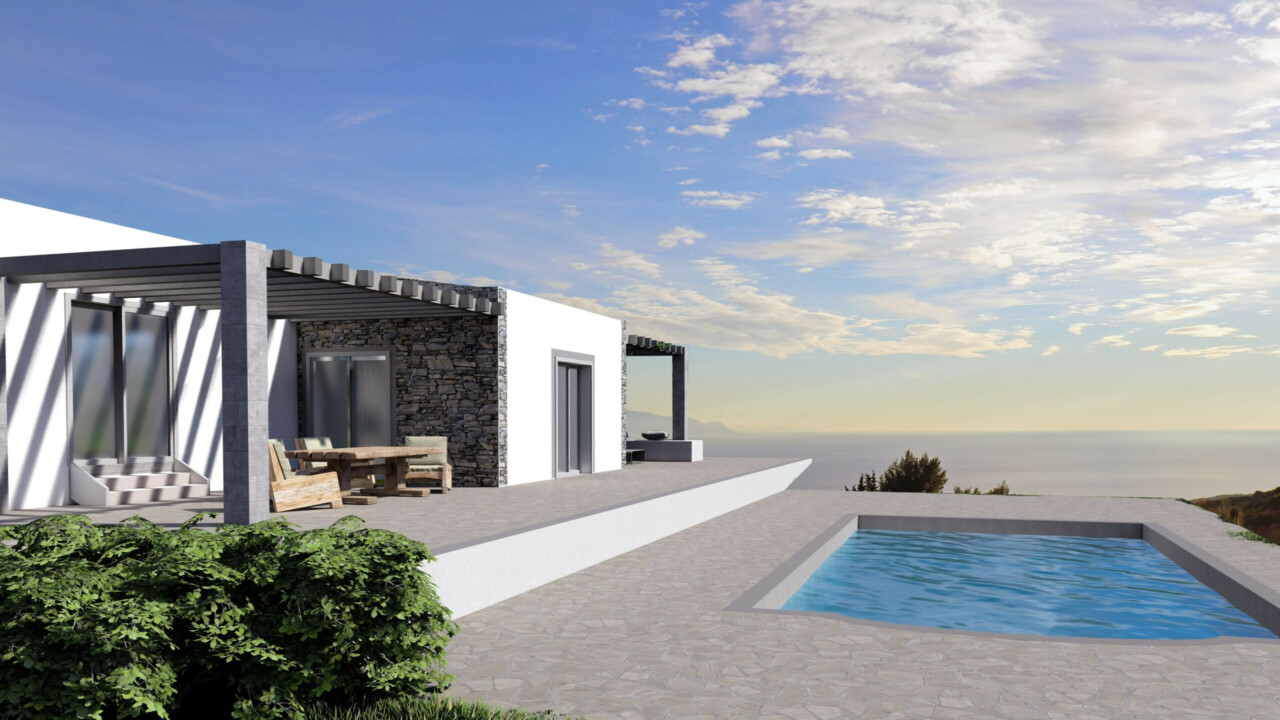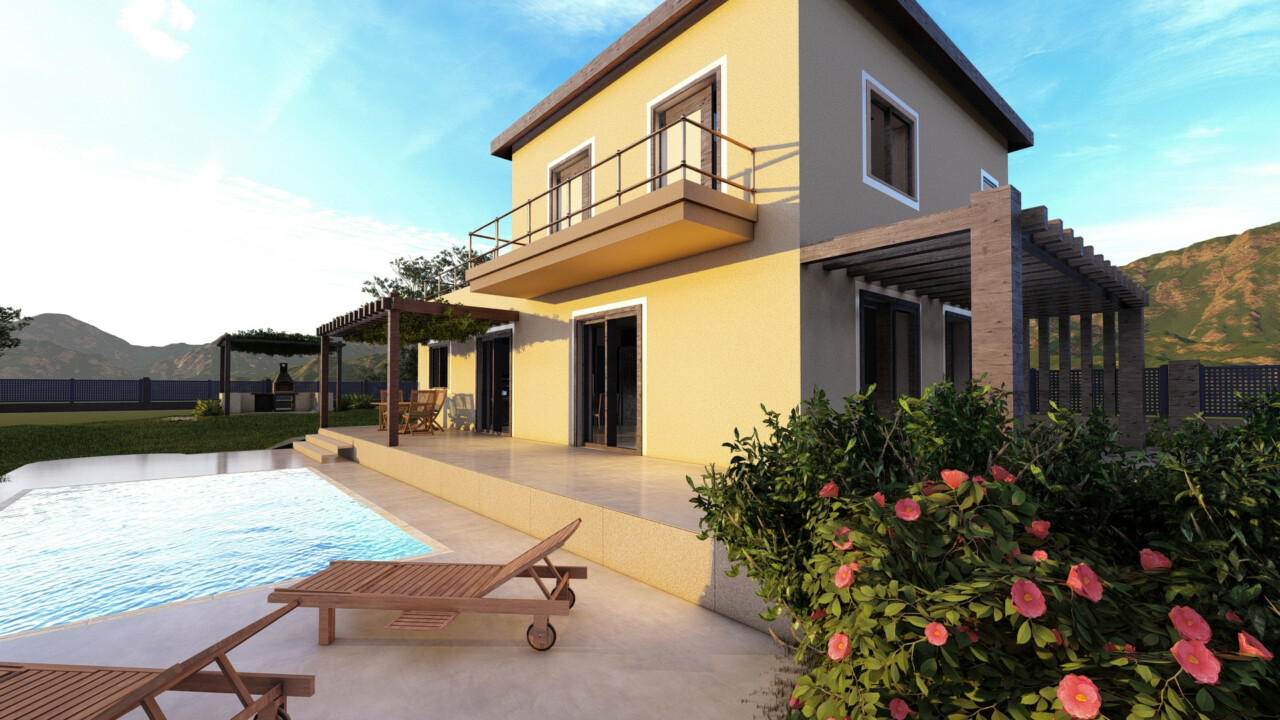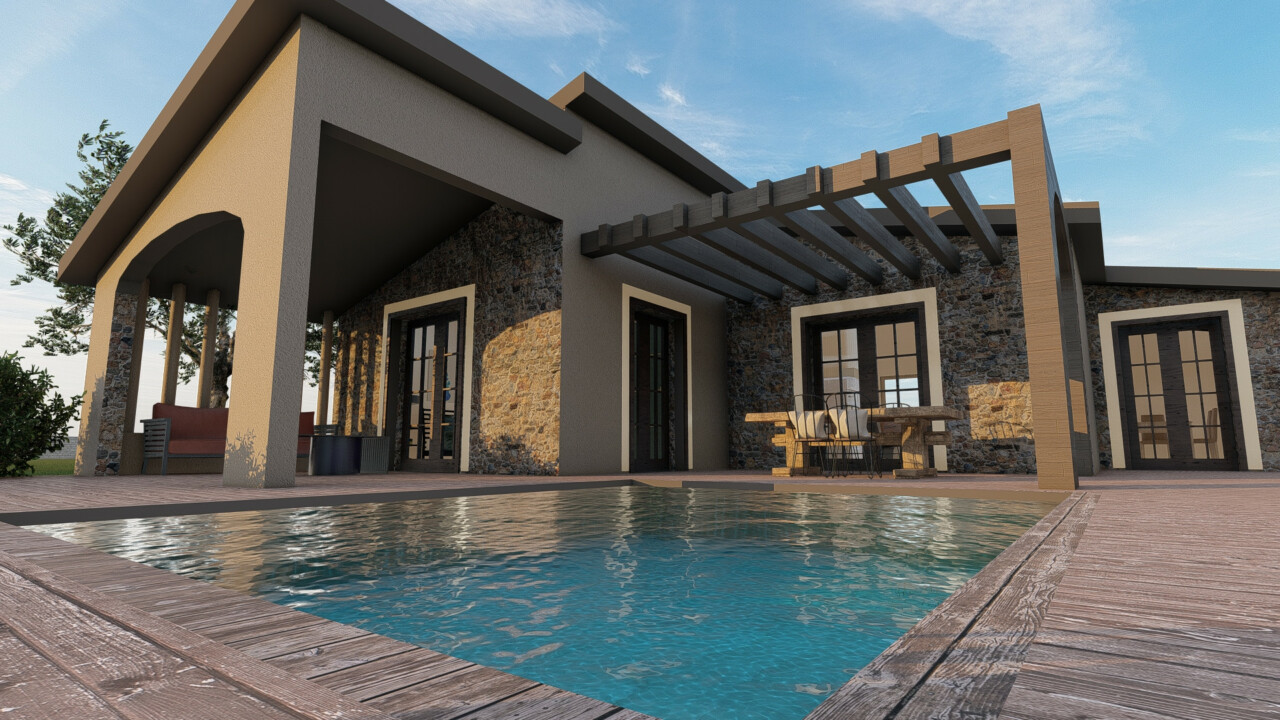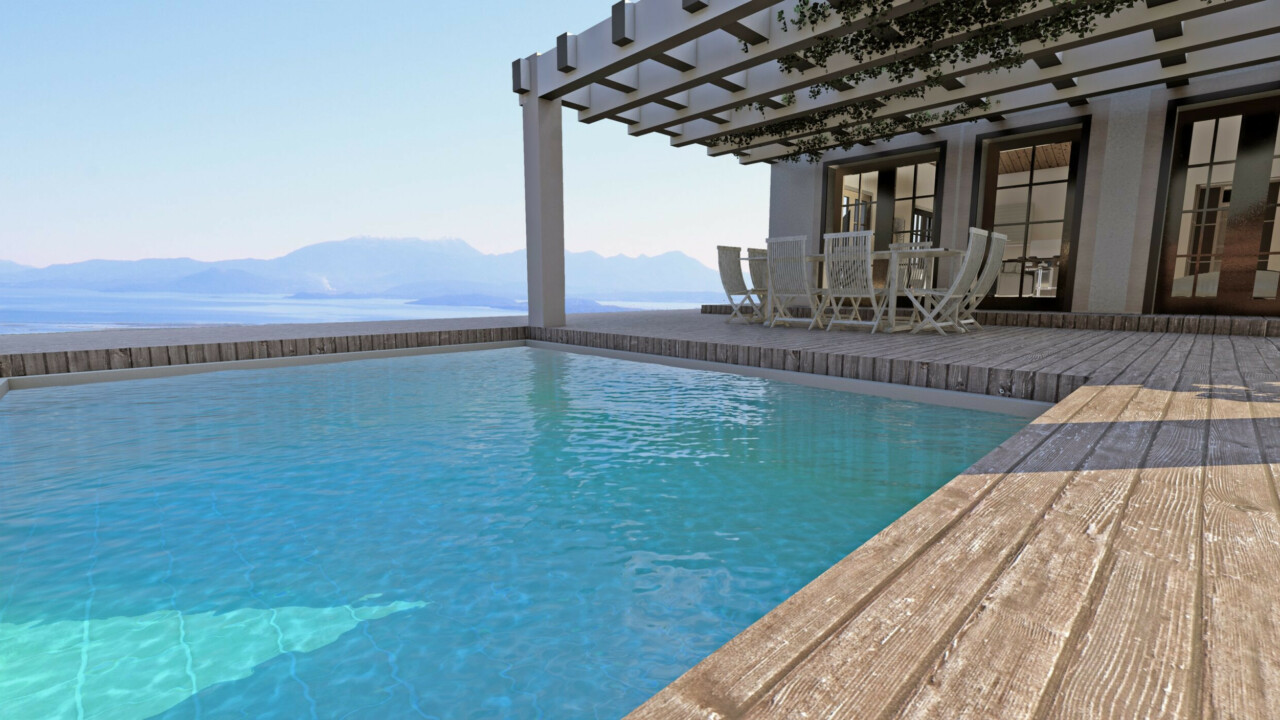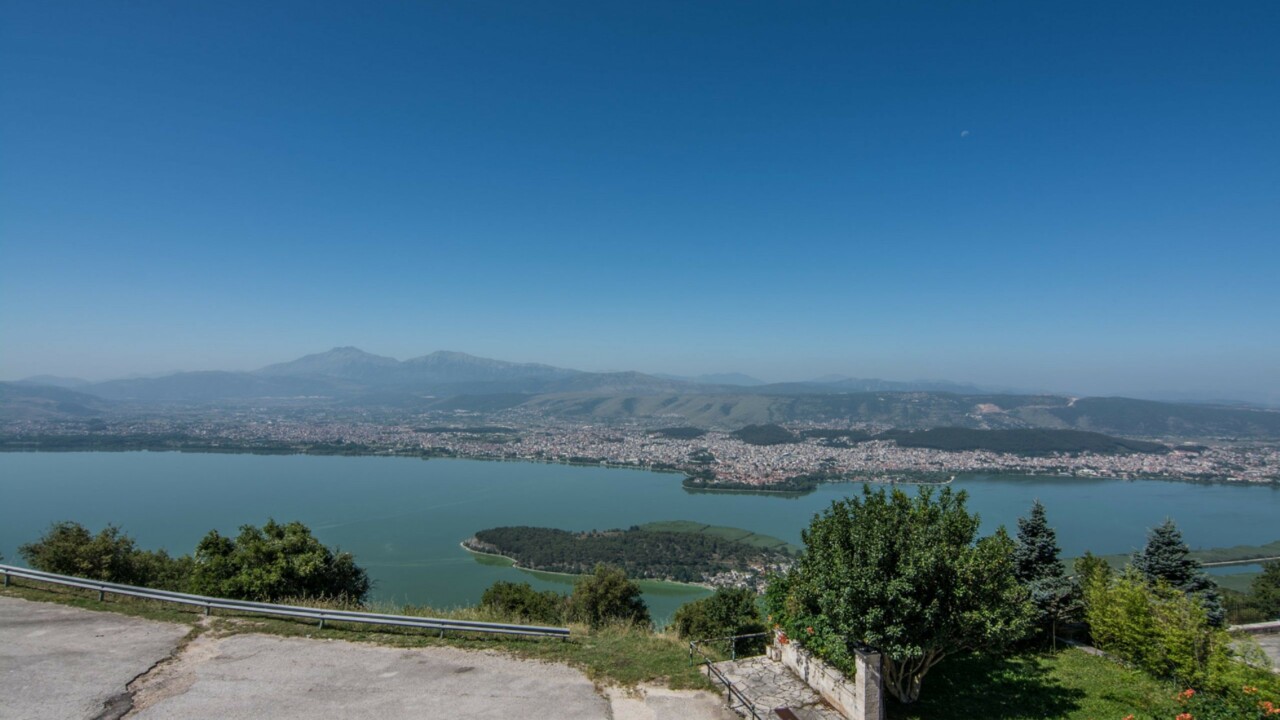Epirus, is a region in northwestern Greece extending between the mountain range of Pindos and the Ionian Sea.
The region is mostly mountainous, with rich flora and fauna and imposing landscapes of outstanding natural beauty. Its untouched mountains, forests, lakes and rivers, traversed by wonderful arched bridges, offer an amazing scenery. Epirus’ natural environment provides a wide range of activities, such as mountaineering, climbing, ski, hiking, as well as kayak, rafting and canoeing.
Epirus is a strong tourist attraction also because of its important archaeological sites, its castles, monasteries, churches and traditional villages. During Ottoman rule, the villages of Epirus enjoyed an autonomous administration and its inhabitants developed crafts and trade. Merchants, builders, sculptors, hagiographers and carpenters traveled extensively throughout the Balkans and central Europe. The villages of Zagorohoria, one of the most flourishing areas at the time, are abundant with remarkable monuments, impressive arched bridges and great mansions.
Arta, one of the cultural centers of the byzantine period, is known for its important religious monuments and its beautiful old bridge over the Arachthos river.
The capital of the region, Ioannina, located in a beautiful scenery, around the lake of Pamvotida, is characterized by Christian, Islamic and Jewish cultural influences. One of its most important local crafts is its famous silverwork, jewelry, bronzeware and silver ornaments.
Preveza, is a charming town located at the Ambracian Gulf, with a yacht-filled marina surrounded by picturesque tavernas and cafes. Among the many sights of the region the impressive ruins of the ancient city of Nikopolis. From Nicopolis heading to the north till the town of Parga, Epirus offers a beautiful coast to explore, with stunning sandy beaches, some of which secluded and practically untouched.

